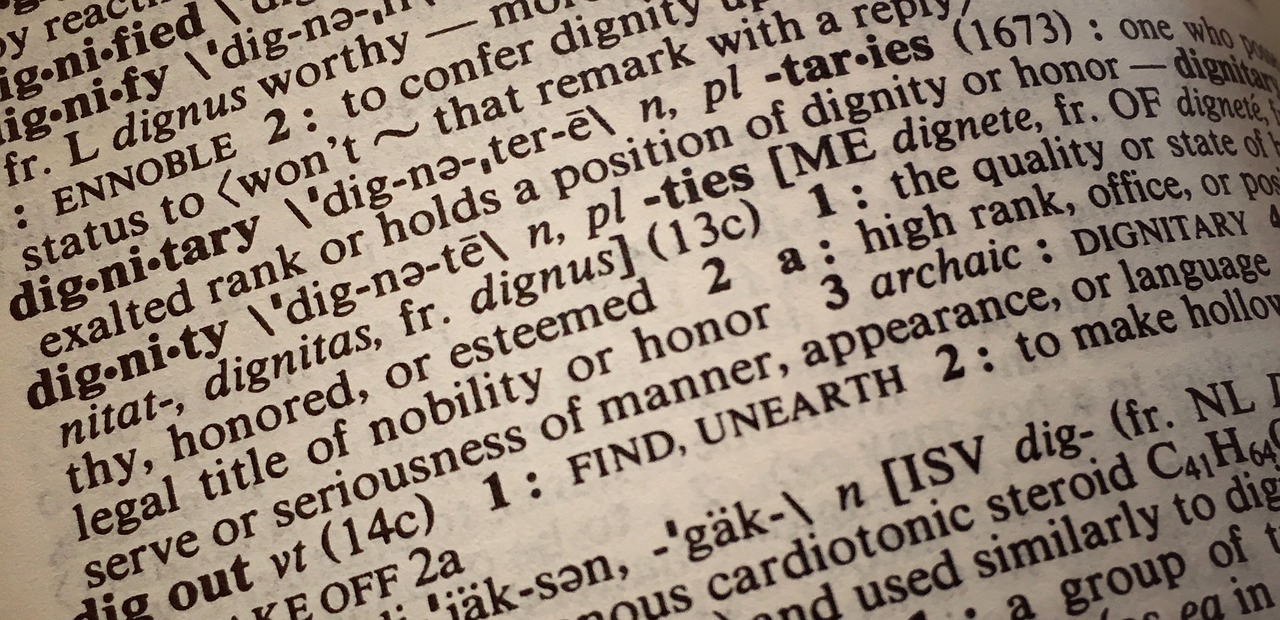Poor Fatties Can’t Help but Make Unhealthy Decisions?: The Myth of the Obesogenic Environment

The obesogenic environment refers to “the sum of influences that the surroundings, opportunities or conditions of life have on promoting obesity in individuals and populations.” The obesogenic environment encompasses the infrastructural, social, and culture conditions that influence people’s ability and willingness to engage in health seeking behaviours. These include the advertising and availability of high calorie food, the lack of safe green spaces for activity and play, and the motorisation of daily life. It represents an ecological lens for understanding and solving the ‘problem of obesity,’ shifting the responsibility for fatness from individuals to environmental factors, and highlights that certain populations (poor people; usually people of color) live in environments that put them at greater risk for fatness. Concerns over…
